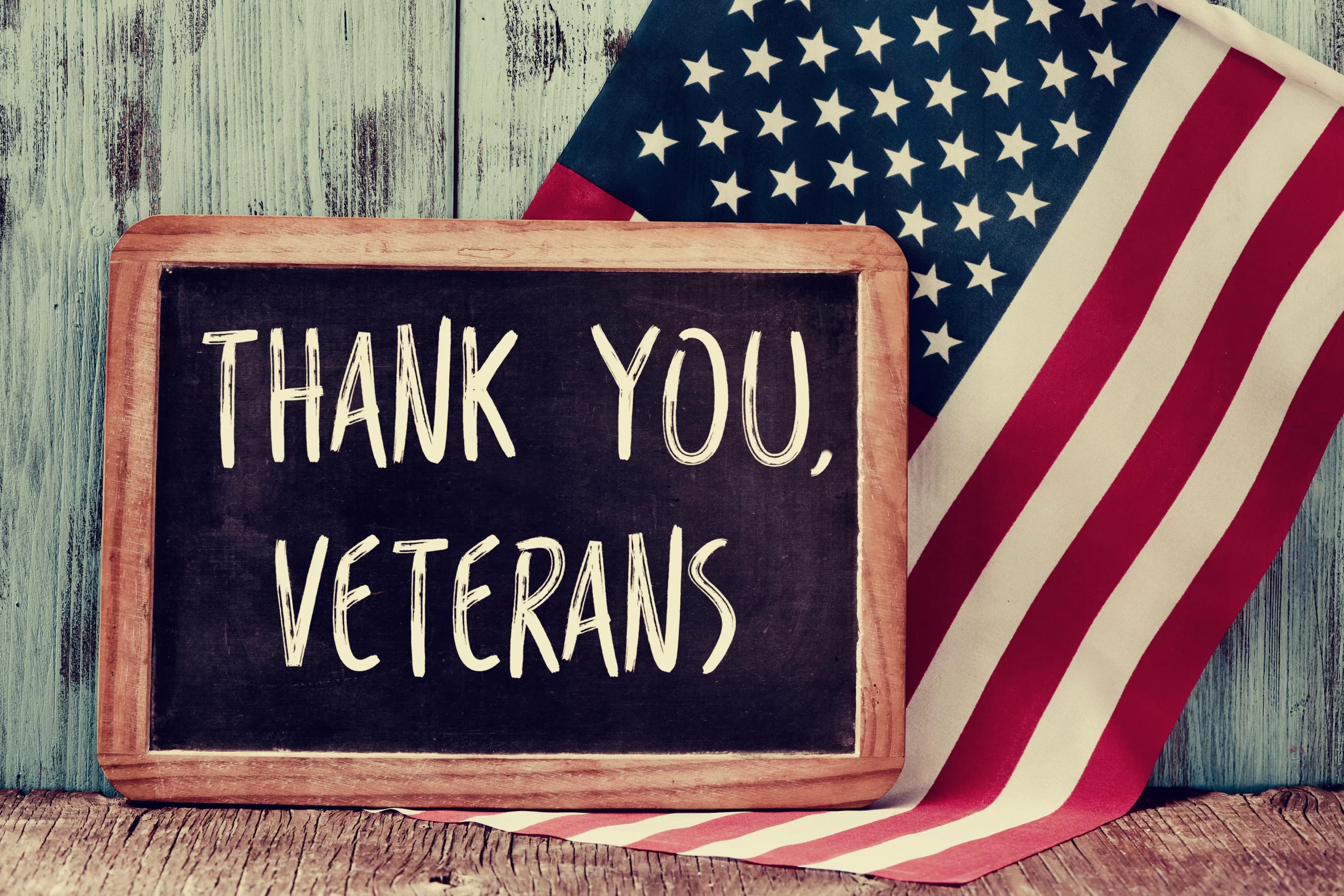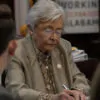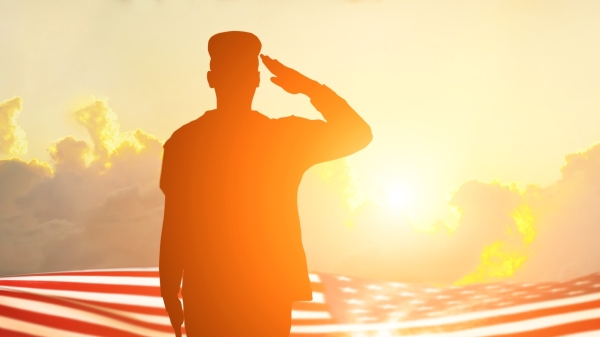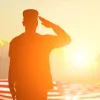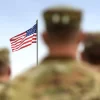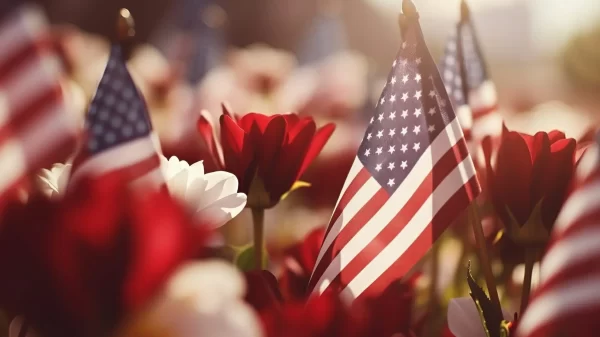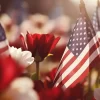As we celebrate Veterans Day, we pause to honor a legacy that goes beyond history—a legacy of courage, sacrifice, and steadfast devotion to this nation. November 11 isn’t just a date on the calendar. It’s a reminder of the day hostilities ceased in World War I, when an armistice on the “eleventh hour of the eleventh day of the eleventh month” marked what was then called “the war to end all wars.” This day, marked annually, celebrates a truth that transcends generations: honoring those who served in the name of peace.
Veterans Day is more than a celebration. It’s a commitment to honor the values our veterans upheld. Our military is a diverse reflection of our nation itself, drawing together people from all walks of life, all backgrounds. For some, joining the service was a deeply personal calling; for others—especially in years past—their service was required through the draft. Yet, regardless of how they arrived in uniform, all took an oath to uphold our Constitution, our nation’s guiding document.
The oath itself carries a powerful distinction between enlisted members and commissioned officers. Enlisted personnel swear to follow the lawful orders of the President and their superiors, emphasizing loyalty and discipline within the military hierarchy. This loyalty is crucial for cohesion and effectiveness in the chain of command.
Officers, however, do not pledge to obey the President directly. Instead, they take an oath solely to protect and defend the Constitution. This difference matters.
It reflects their role as leaders who must exercise ethical judgment, even if it means questioning orders that might compromise constitutional values. This built-in safeguard reinforces a system where integrity is paramount, where duty to the nation’s core principles stands above all else.
When the Founders crafted the military oaths, they were all too familiar with monarchs and tyrants who wielded armies as tools of oppression, crushing dissent and controlling citizens under the iron grip of unchecked power. They understood that military might, when left unrestrained, could become a weapon against the very people it was meant to protect. And so, they designed our military with deliberate checks and balances, ensuring that our armed forces serve the Constitution—not any one leader or agenda. It’s a testament to their foresight that we remain safeguarded against the abuses they knew all too well.
For us as citizens, our commitment may be less formal, yet it is equally important. The Pledge of Allegiance, though optional, remains a powerful statement of loyalty. And in the United States, even this act is voluntary, a freedom protected by the very Constitution our veterans swore to defend. In West Virginia State Board of Education v. Barnette, the Supreme Court affirmed that no citizen can be compelled to recite the pledge, highlighting how individual freedom stands at the heart of American life.
Veterans embody this balance between loyalty and liberty. Their patriotism is not just a display but a genuine commitment to the common good—a commitment seen in everyday service and in extraordinary acts of courage. True patriotism is not an empty gesture; it’s a pledge to work together for our nation’s prosperity, lifting up our fellow citizens along the way.
In times of both war and peace, our veterans have been there, bound by duty. As citizens, we owe them our gratitude—not only through words but through action that upholds the principles they defended.
This Veterans Day, let us honor their legacy with more than words.
Let us continue building a nation where liberty, equality, and justice remain foundational—a multiracial, multiethnic nation standing as a beacon of democracy for the world.





































